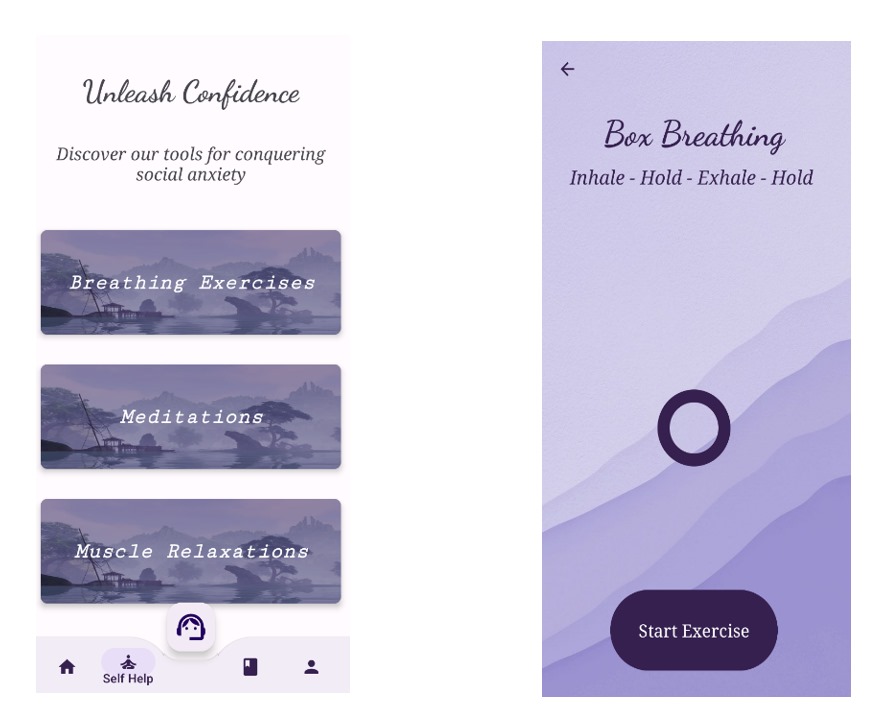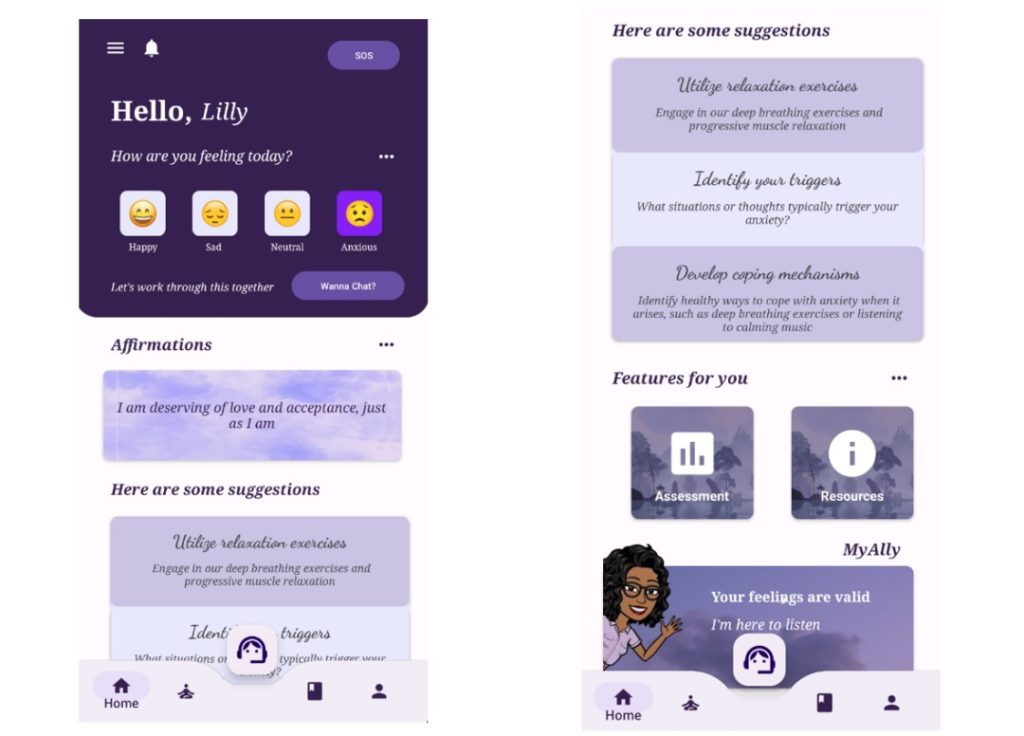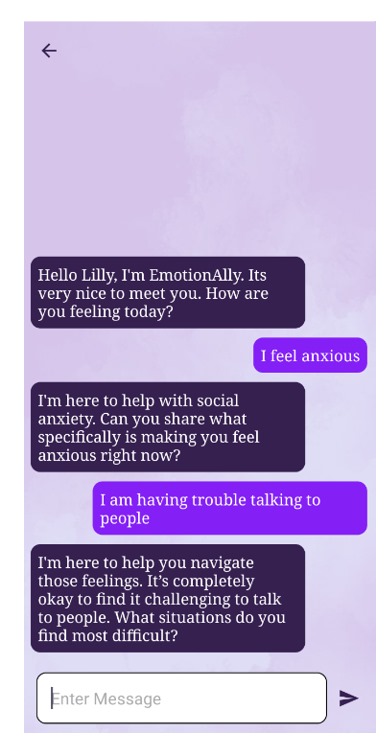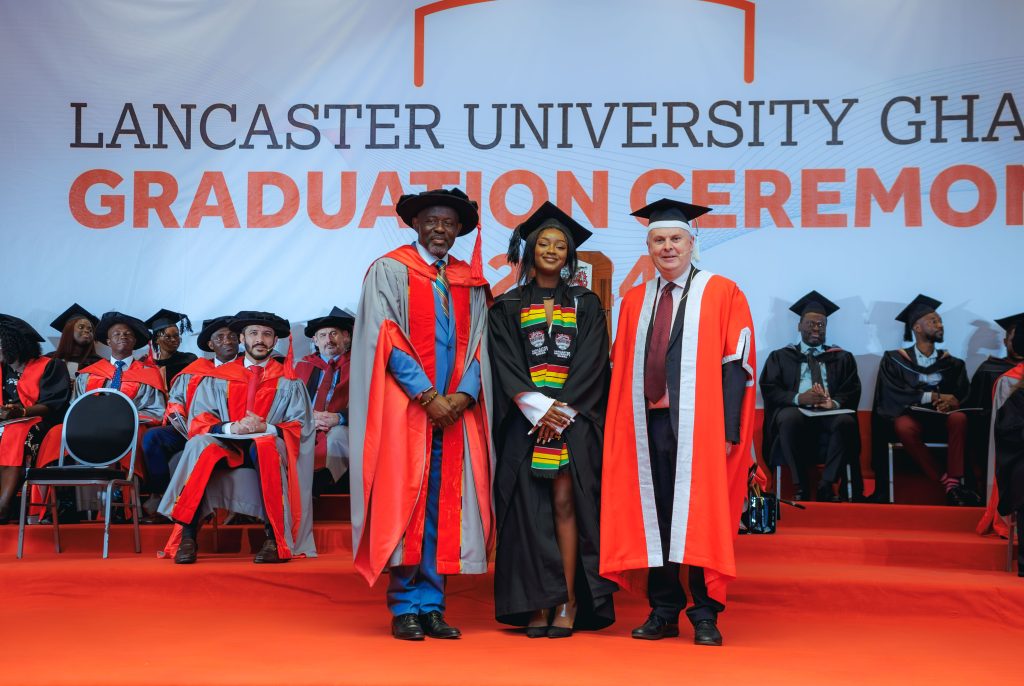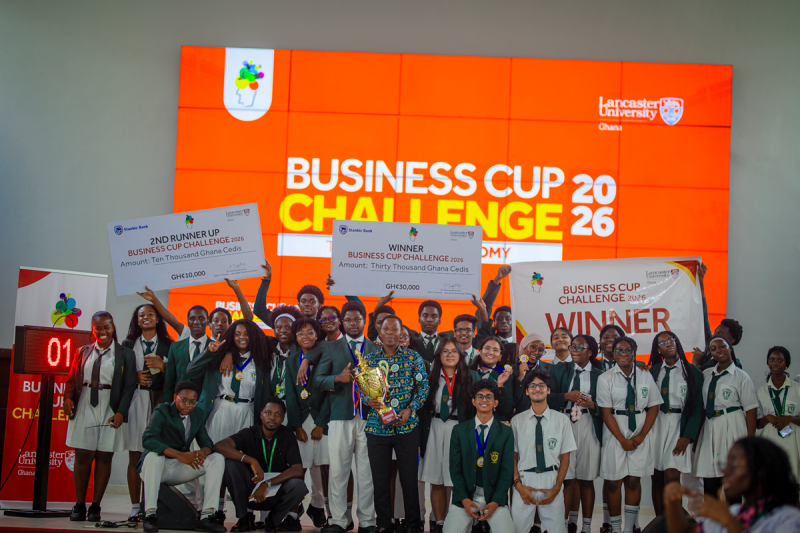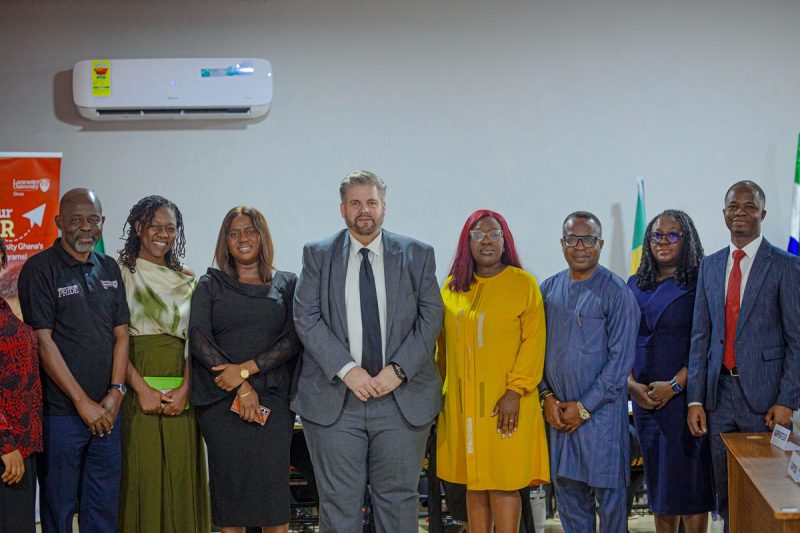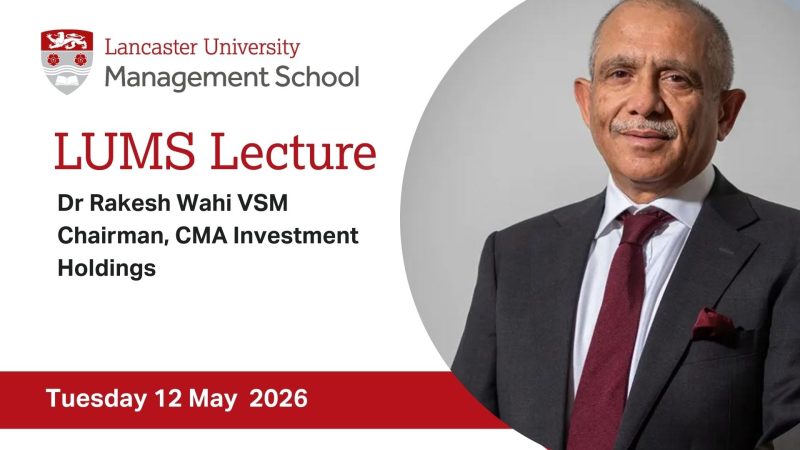Lilian Ama Owusu-Ansah, a Class of 2024 Computer Science graduate, developed EmotionAlly, a personalized tool designed to help individuals confront and manage social anxiety. For Lilian, this project was deeply personal, inspired by her own experiences of struggling with social anxiety. EmotionAlly became a platform through which she could not only address her challenges but also provide others with a safe, empathetic space to work through their own.
The journey to creating EmotionAlly began with Lilian’s desire to create a solution that would allow people like herself to confront their anxiety without needing to navigate uncomfortable social situations directly. What started as a personal project evolved into a tool with broader implications—one that could offer support, foster understanding, and promote mental health and well-being for many.
Leveraging her final-year project module as an opportunity, Lilian worked closely with her lecturers to refine her ideas. Their guidance was instrumental in helping her think outside the box and explore innovative solutions. EmotionAlly was ultimately built using a combination of natural language processing (NLP) and cognitive-behavioral principles, enabling it to offer personalized, evidence-based responses to users struggling with anxiety.
Throughout the project, Lilian’s confidence in the power of technology to drive positive change grew. Working on EmotionAlly not only improved her technical skills but also deepened her understanding of how digital tools can support mental health. The challenge of creating an effective tool pushed her beyond her comfort zone, resulting in an experience that was both professionally and personally rewarding.
EmotionAlly reflects Lilian’s commitment to creating meaningful change in the mental health space, demonstrating how technology can empower individuals to tackle anxiety and improve emotional well-being.
Lilian’s work is a testament to the impact that personalized, empathetic tools can have in providing support and fostering resilience in those dealing with mental health challenges. The future of mental health care is increasingly intertwined with technology, and Lilian’s project is a shining example of how innovative solutions can meet the needs of people in the digital age.
